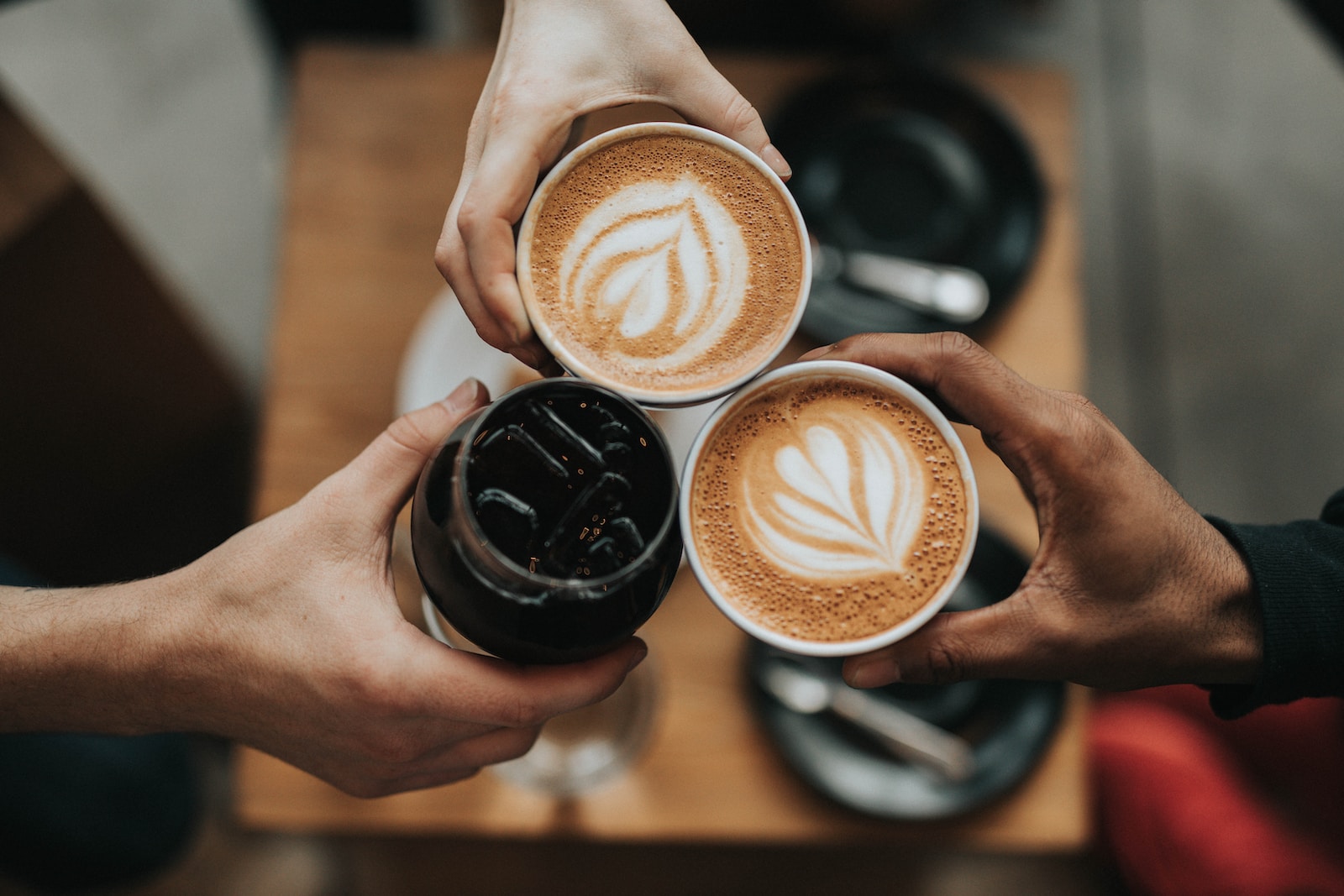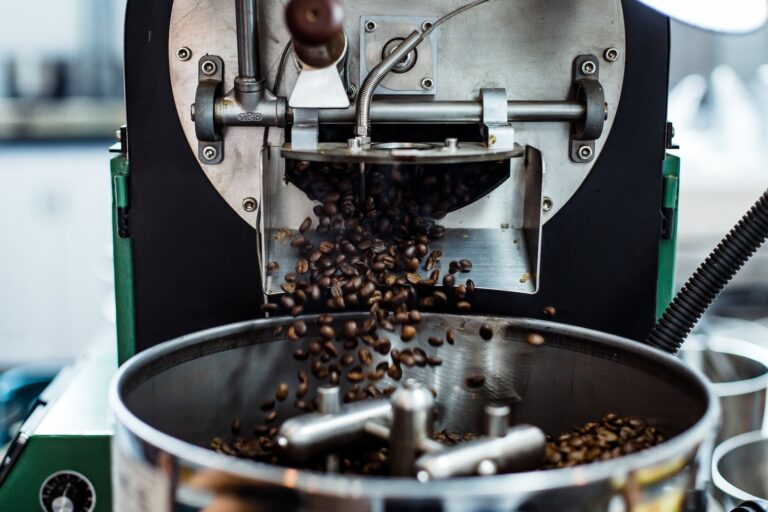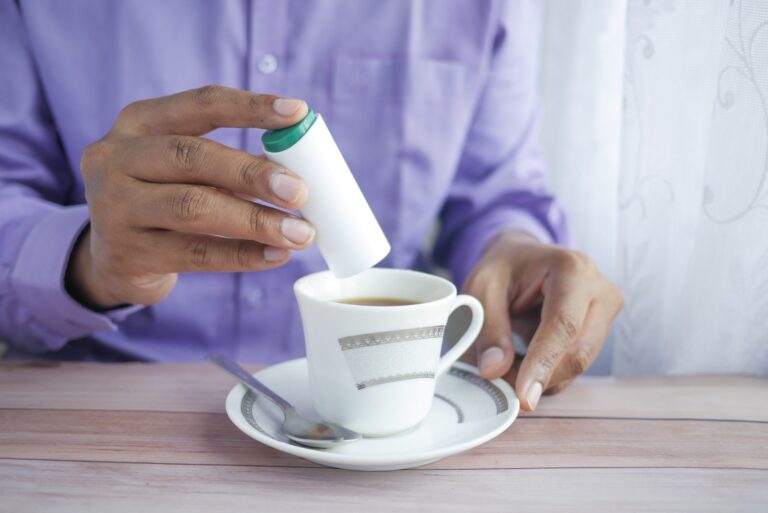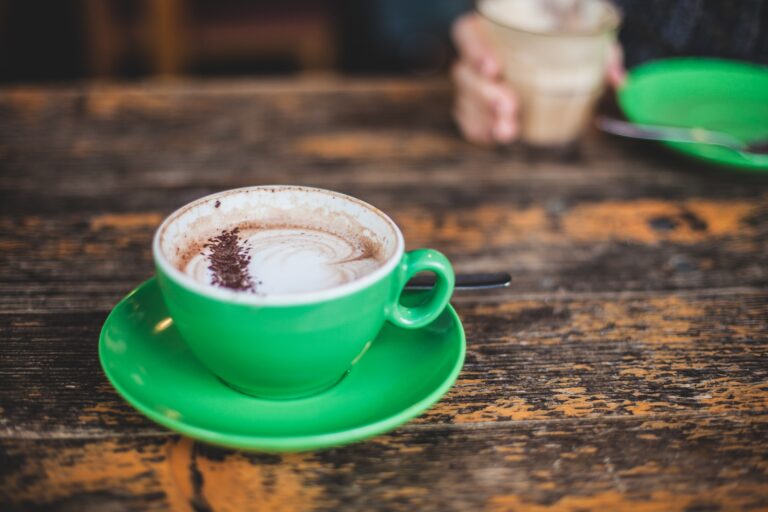Are you a coffee enthusiast who can’t live without their daily caffeine fix, but have been advised to cut back on your intake? Or maybe you’re just curious about the mysterious world of decaf coffee, wondering if it’s truly worth sipping on. Well, prepare to be pleasantly surprised!
In this blog post, we unveil the surprising benefits of decaf coffee that will make you rethink everything you thought you knew about this delicious brew. So grab your favorite mug and get ready to discover how decaf coffee can be more than just a substitute for regular joe – it might just become your new go-to beverage!
What is Decaf Coffee?
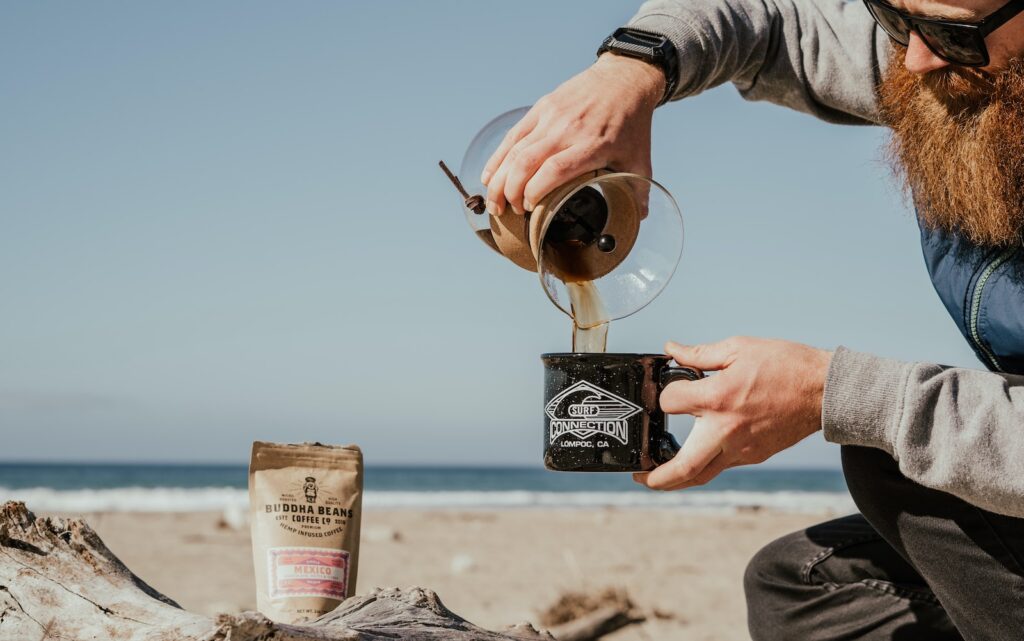
Decaf coffee, short for decaffeinated coffee, is a type of coffee that has undergone a special process to remove most of its caffeine content. Caffeine is a naturally occurring substance found in coffee beans and other plants such as tea leaves and cacao beans. It is known for its stimulant effects on the body, which include increased alertness and energy.
However, some people are sensitive to caffeine or simply prefer to limit their intake due to health reasons. This is where decaf coffee comes in as a popular alternative.
The process of removing caffeine from coffee beans was first discovered in 1903 by German merchant Ludwig Roselius. He accidentally stumbled upon this method when trying to preserve his shipment of green coffee beans that were exposed to seawater during transportation. Since then, several methods have been developed to decaffeinate coffee, each with varying levels of effectiveness and impact on the taste and aroma of the final product.
One common method used to decaffeinate coffee involves steaming or soaking the unroasted green beans in hot water or steam for an extended period. This helps extract the caffeine from the beans while retaining most of the natural flavor compounds.
The water or steam containing caffeine is then passed through activated charcoal filters that trap the caffeine molecules before being returned to the beans for reabsorption. Another method involves using organic solvents like ethyl acetate or methylene chloride to dissolve caffeine from either green or roasted beans.
Why Do People Choose Decaf over Regular Coffee?
There are many reasons why people might choose decaf coffee over regular coffee. For some, it may be a preference for the taste or caffeine-free experience, while for others it may be due to health concerns.
Here are some of the most common reasons why people opt for decaf coffee:
1] Sensitivity to Caffeine: Some people have a low tolerance for caffeine and may experience jitters, anxiety, or difficulty sleeping after consuming regular coffee. Decaf coffee provides a solution for these individuals by offering the same taste and ritual of drinking coffee without the negative side effects of caffeine.
2] Health Concerns: Many people choose decaf because they want to cut down on their overall caffeine intake. Consuming too much caffeine can lead to a variety of health issues such as increased blood pressure, heart palpitations, and digestive problems. By switching to decaf, individuals can still enjoy their daily cup of joe without worrying about potential negative effects on their health.
3] Pregnancy and Breastfeeding: Pregnant women are typically advised by doctors to limit or avoid caffeine consumption during pregnancy, as high levels of caffeine have been linked to adverse outcomes such as miscarriage and low birth weight babies. Similarly, breastfeeding mothers may also choose decaf in order to avoid passing on caffeine through breast milk to their baby.
4] Medication Interactions: Certain medications can interact with caffeinated substances like regular coffee, leading to adverse reactions or reduced effectiveness of the medication itself. Individuals who take medications that react poorly with caffeine may opt for decaf coffee to avoid any potential complications.
5] Taste Preference: Some people simply prefer the taste of decaf coffee over regular coffee. Decaf beans are often chemically processed and less flavorful than regular beans, but some people find that they have a smoother and less bitter taste.
6] Evening Consumption: Many people enjoy a warm beverage in the evening to relax and wind down after a long day, but consuming caffeine during this time can lead to difficulty falling asleep. Choosing decaf allows individuals to enjoy their evening ritual without disrupting their sleep patterns.
7] Religious or Cultural Reasons: Some religions or cultures may prohibit or discourage the consumption of caffeine, leading individuals in these communities to choose decaf coffee as an alternative.
While there are many reasons why people may choose decaf over regular coffee, it ultimately comes down to personal preference and individual needs. Whether it’s for health reasons, personal taste, or cultural beliefs, decaf offers a satisfying option for those looking to cut back on their caffeine intake without giving up their beloved cup of coffee.
Lowered Risk of Heart Disease
Decaf coffee may be beloved by those looking to reduce their caffeine intake, but did you know it can also have a surprising benefit for heart health? Studies have shown that drinking decaf coffee can actually lower the risk of heart disease in individuals.
One of the main reasons for this is that decaffeinated coffee contains many of the same antioxidants and beneficial compounds as regular coffee. These compounds, such as polyphenols and chlorogenic acids, have been shown to have anti-inflammatory and antioxidant properties. They help protect our cells from damage caused by free radicals and reduce inflammation throughout the body.
Chronic inflammation has been linked to various health issues, including heart disease. By reducing inflammation within the body, decaf coffee can potentially decrease the risk of developing heart disease or other cardiovascular problems.
Additionally, caffeine can sometimes increase blood pressure in some people. This is because it acts as a stimulant on the central nervous system and causes an increase in heart rate and blood flow. By choosing decaf coffee instead of regular coffee, you are avoiding this potential spike in blood pressure. High blood pressure is a significant risk factor for developing heart disease, so limiting its effects through consuming decaf may be beneficial.
Reduced Anxiety and Stress
Decaf coffee has gained popularity among consumers in recent years, not just for its delicious taste but also for its various health benefits. Among these benefits is the ability of decaf coffee to reduce anxiety and stress levels in individuals. While some may argue that caffeine is a great way to improve energy levels and boost productivity, too much of it can also lead to increased anxiety and other negative side effects.
Let’s take a closer look at some key factors that play a role:
1] Caffeine Sensitivity:
Not everyone can tolerate caffeine well, especially those with pre-existing conditions such as anxiety disorders or high blood pressure. Some people may experience jitters, nervousness, and irritability after consuming caffeine, which can further exacerbate their symptoms of anxiety and stress. Switching to decaf coffee eliminates this issue as it contains very little to no caffeine.
2] Antioxidants:
Decaf coffee is known to contain antioxidants, similar to regular coffee but without the addition of caffeine. These antioxidants have been found to have a calming effect on the brain by reducing inflammation and oxidative stress. This helps in promoting a sense of relaxation and overall well-being.
3] Improved Sleep:Regular consumption of caffeinated beverages like coffee can disrupt sleep patterns, leading to fatigue during the day which in turn causes an increase in both anxiety and stress levels. Decaf coffee allows individuals who are sensitive to caffeine or have trouble sleeping at night due to their caffeine intake, to still enjoy a cup of coffee without the effects that keep them up at night.
4] Mood Enhancement:
Decaf coffee has been found to stimulate the release of dopamine and serotonin in the brain, which are important neurotransmitters responsible for regulating mood and anxiety. By increasing the levels of these feel-good chemicals, decaf coffee can help improve overall mood and reduce stress and anxiety.
It’s worth noting that decaf coffee also contains trace amounts of caffeine, usually around 2-12mg per cup. This small amount is unlikely to cause any negative effects on individuals who are sensitive to caffeine but may still provide some subtle stimulation and alertness.
Can Decaf Still Give You Energy?
Decaffeinated coffee, or decaf, is a popular drink option for those who want to enjoy the taste and ritual of coffee without the caffeine. However, many people are skeptical about whether decaf can still provide them with energy. After all, if caffeine is what gives regular coffee its energizing effects, then how can eliminating it from decaf not affect its ability to boost our energy levels?
The truth is that while decaf may not give you the same rush of caffeine-induced energy as regular coffee, it still has some surprising benefits when it comes to keeping you alert and focused. Here’s everything you need to know about the potential energy-boosting effects of decaf.
How to Make the Perfect Cup of Decaf Coffee
Making a perfect cup of decaf coffee may seem like a simple task, but there are actually several factors that can affect its taste and quality. Whether you’re looking to cut down on caffeine or simply enjoy the comforting flavors of coffee without the jitters, follow these tips to make the perfect cup of decaf coffee.
1] Start with high-quality decaf coffee beans: The first step to making a good cup of decaf coffee is to use high-quality beans. Look for brands that use Swiss water process or carbon dioxide method to remove the caffeine, as these methods preserve more flavor compared to chemical solvents.
2] Grind the beans just before brewing: Like regular coffee, whole bean decaf coffee provides better flavor than pre-ground options. Invest in a good quality burr grinder and grind your beans right before brewing for maximum freshness and flavor.
3] Use the right ratio of water and grounds: The standard ratio for brewing coffee is one tablespoon of ground coffee per 6 ounces of water. However, since some decaf coffees can be less flavorful than their caffeinated counterparts, you might want to experiment with using slightly more grounds until you find your preferred strength.
Conclusion
In conclusion, while decaf coffee may not give you the same caffeine kick as regular coffee, it still has its own surprising benefits. From reducing the risk of diseases to potentially improving your mood and sleep quality, decaf coffee can be a delicious and healthy alternative for those looking to cut back on caffeine. So next time you’re in need of a warm beverage, consider reaching for a cup of decaf instead and reap these potential benefits.

